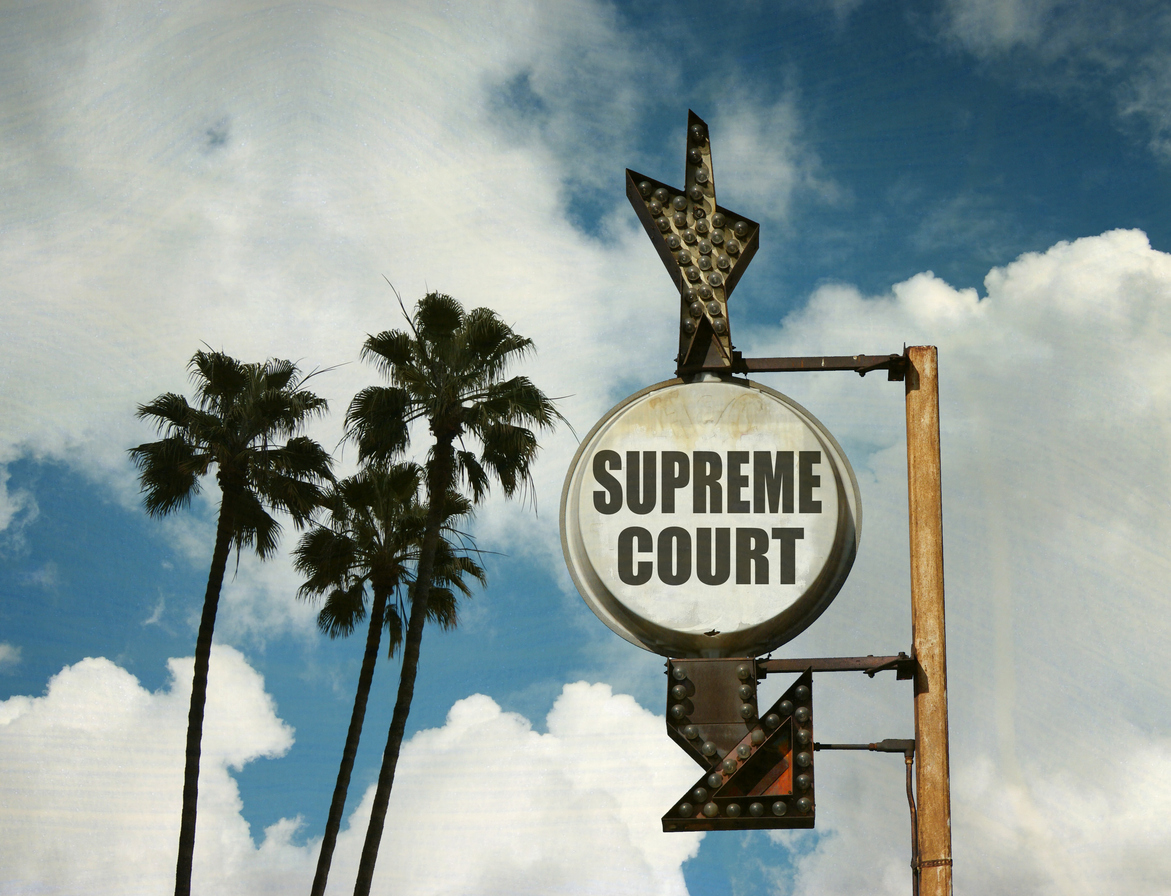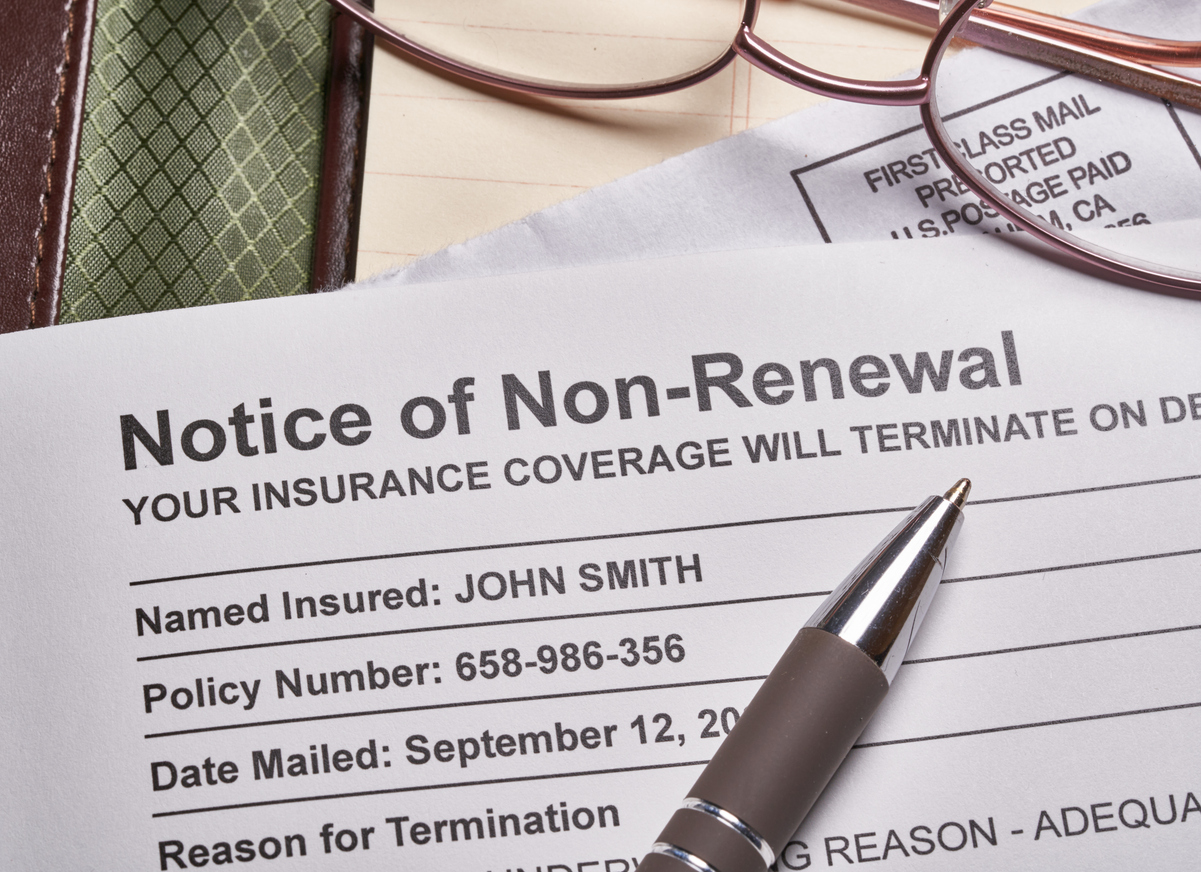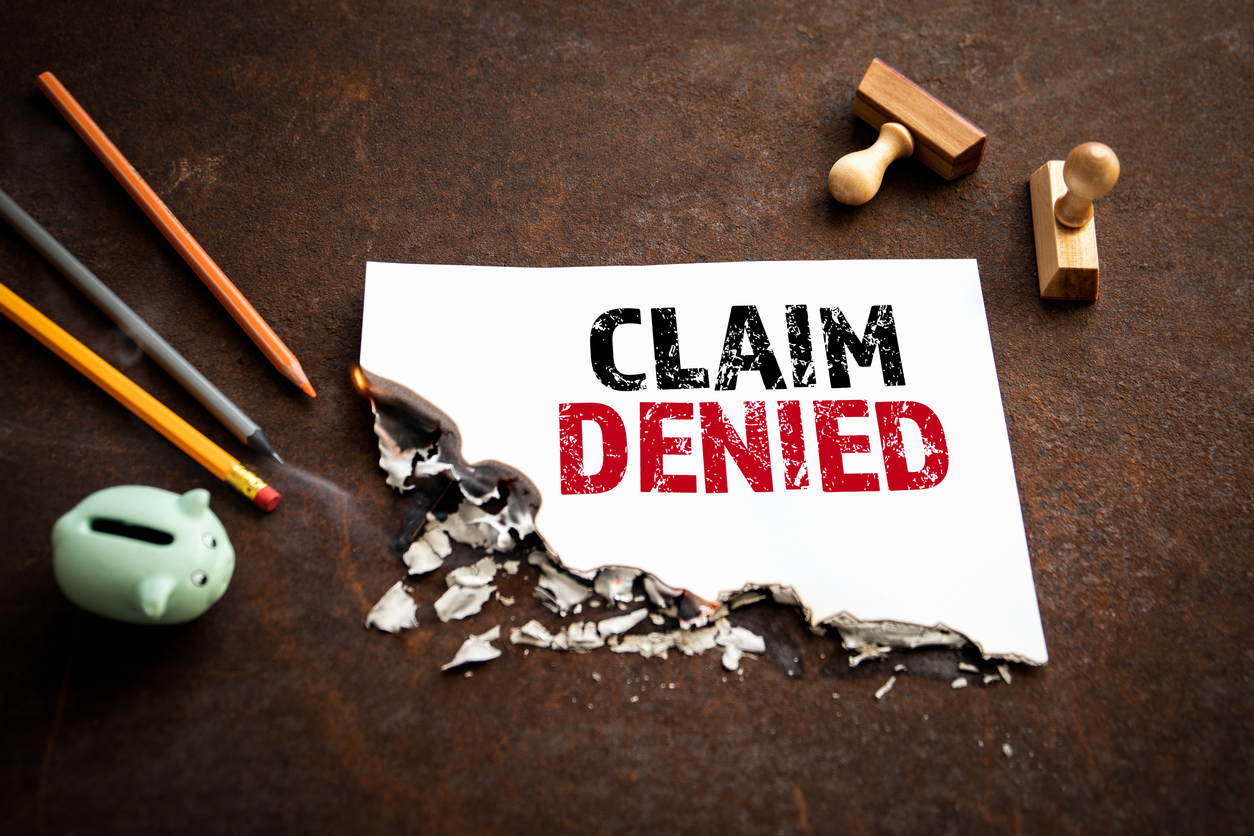The California Supreme Court concluded yesterday that the mere presence or potential presence of COVID-19 on a property does not meet the threshold for “direct physical loss or damage” under property insurance policies. 1 The court clarified that under California law, there must be a distinct, demonstrable, physical alteration to the property. The court noted that while the virus is physical and attaches to surfaces, these factors alone do not translate to physical damage or alteration of the property’s characteristics in a way that would impair its use.
The policyholder, Another Planet Entertainment (APE), operates live entertainment venues and was significantly impacted when the pandemic forced closures and operational restrictions. APE filed a claim under its insurance policy, which generally covers “direct physical loss or damage” to the insured property. The insurance company, Vigilant, denied the claim, arguing that the presence of the virus did not result in any physical alteration to the properties that would qualify under the terms of the policy.
The dispute moved through the courts, starting with the federal district court, which dismissed APE’s lawsuit for failing to state a claim. APE then appealed to the Ninth Circuit, which eventually sought guidance from the California Supreme Court on whether the presence or potential presence of COVID-19 could constitute direct physical loss or damage under California law, given the conflicting decisions at lower levels.
APE argued that the virus made their properties unsafe and unusable for their intended purposes, which should be considered physical damage. However, the court held that the inability to use a property as intended, without physical alteration, does not qualify as direct physical loss or damage. Additionally, the court distinguished this scenario from cases where a property becomes uninhabitable due to physical factors like contamination that physically alters the environment of the property.
The decision also touched on the broader implications of this interpretation, emphasizing that while the court’s holding is based on the specifics of APE’s policy and allegations, it does not rule out the possibility that in different circumstances, the presence of COVID-19 could constitute direct physical loss if there is tangible damage to the property.
Ultimately, the California Supreme Court’s decision reflects a broader consensus in the United States judiciary regarding the limitations of commercial property insurance in covering pandemic-related losses unless there is clear, physical damage to the properties insured. This holding forecloses any hope for policyholders in the vast majority of California COVID-related cases that are still pending. I do not know of any other insurance coverage litigation where policyholders have lost so badly on a heavily litigated issue.
Thought For The Day
It is good to have an end to journey toward; but it is the journey that matters, in the end.
—Ernest Hemingway
1 Another Planet Entertainment v. Vigilant Ins. Co., — P.2d —, 2024 WL 2339132 (Cal. May 23, 2024).




